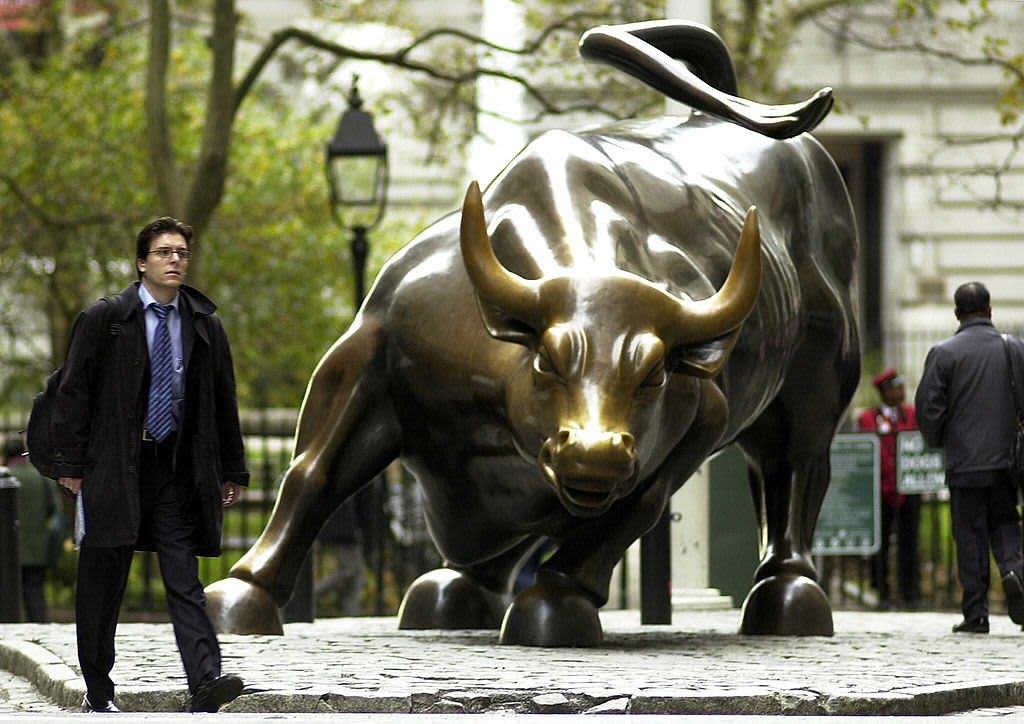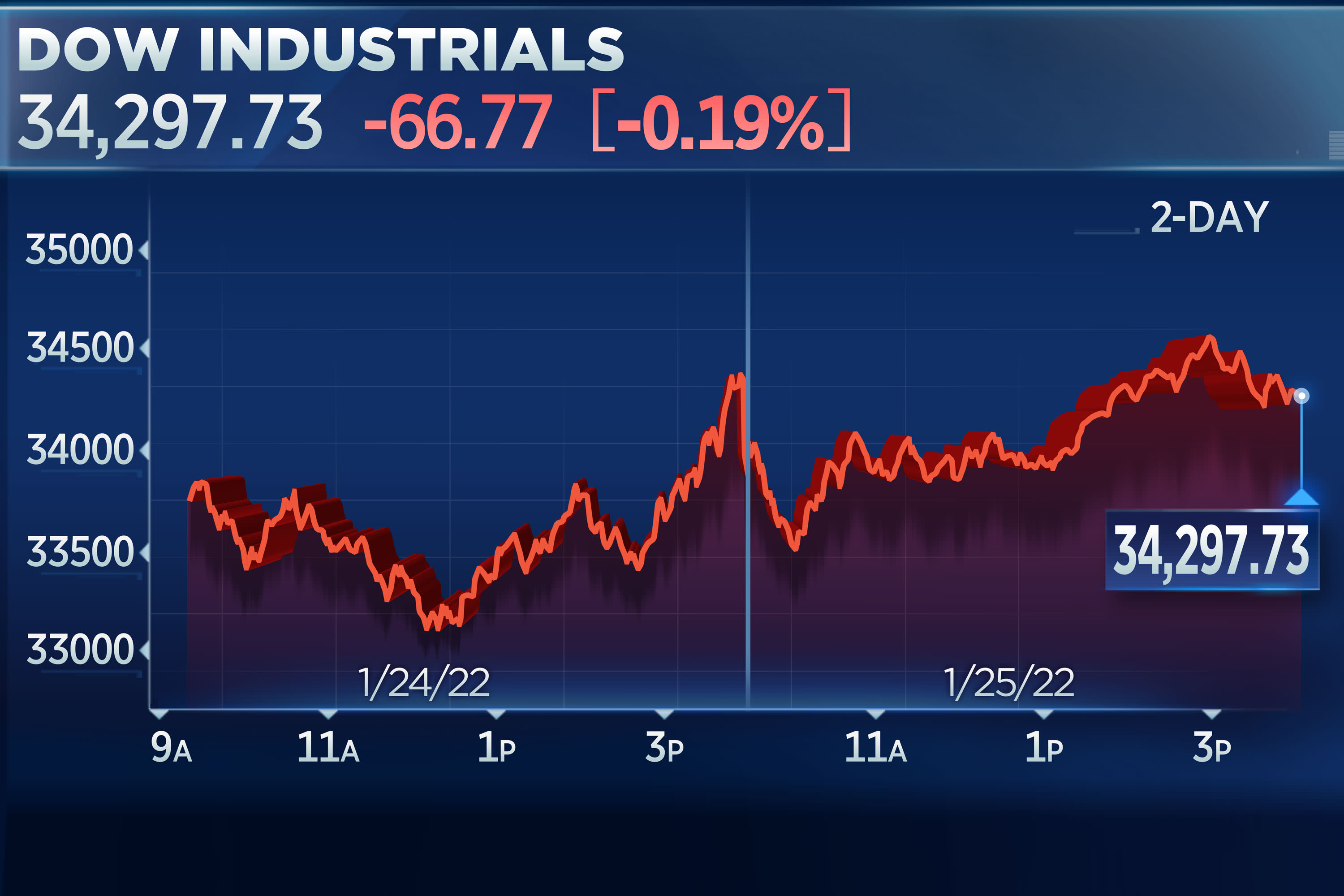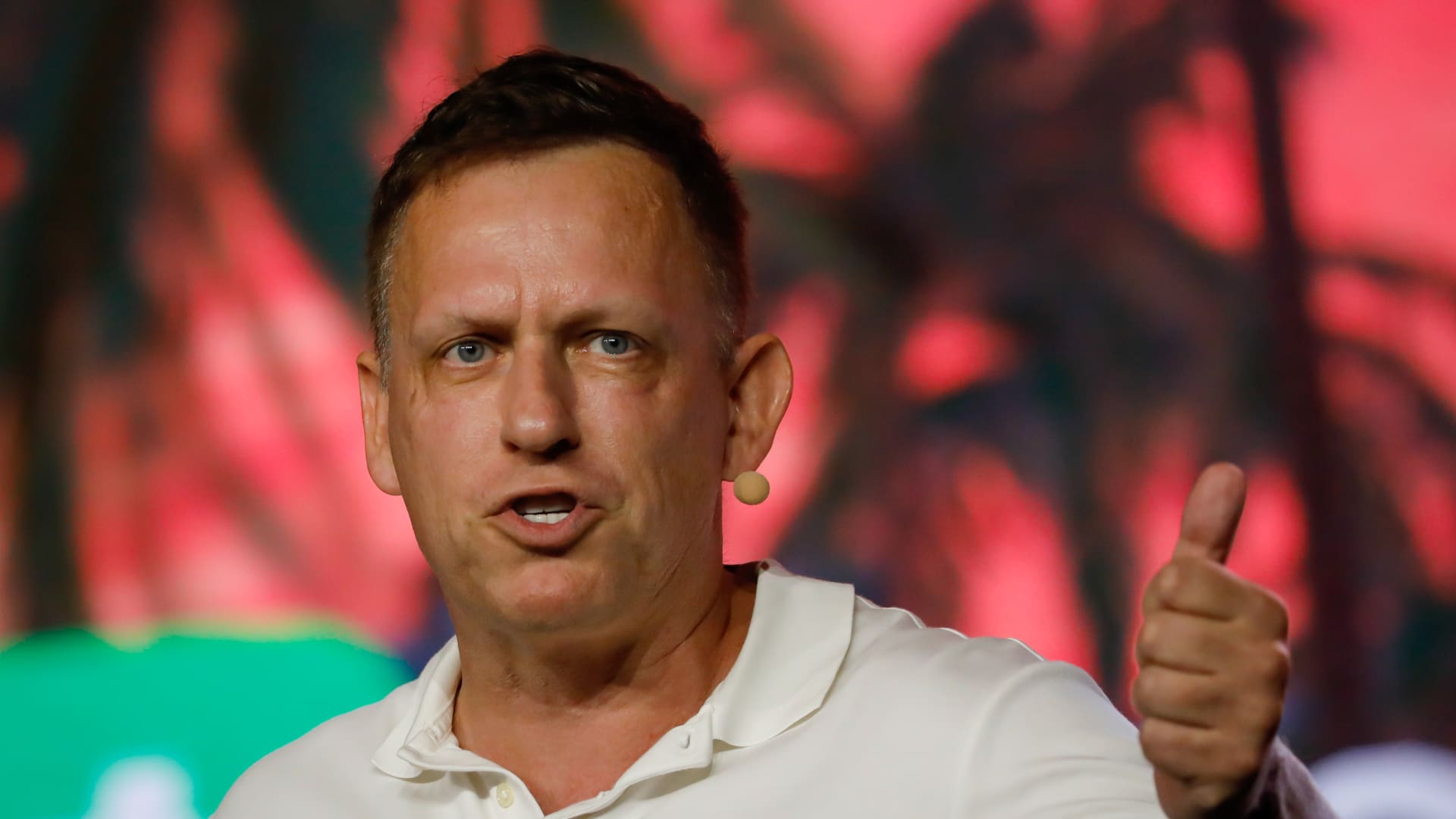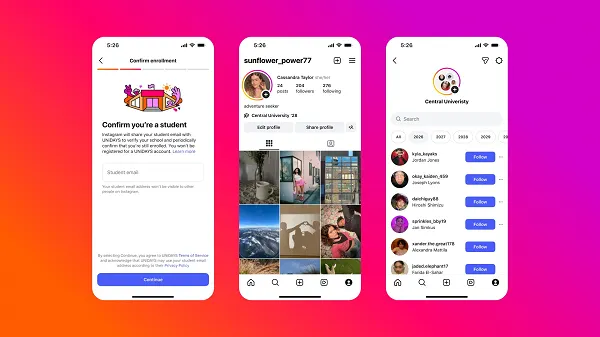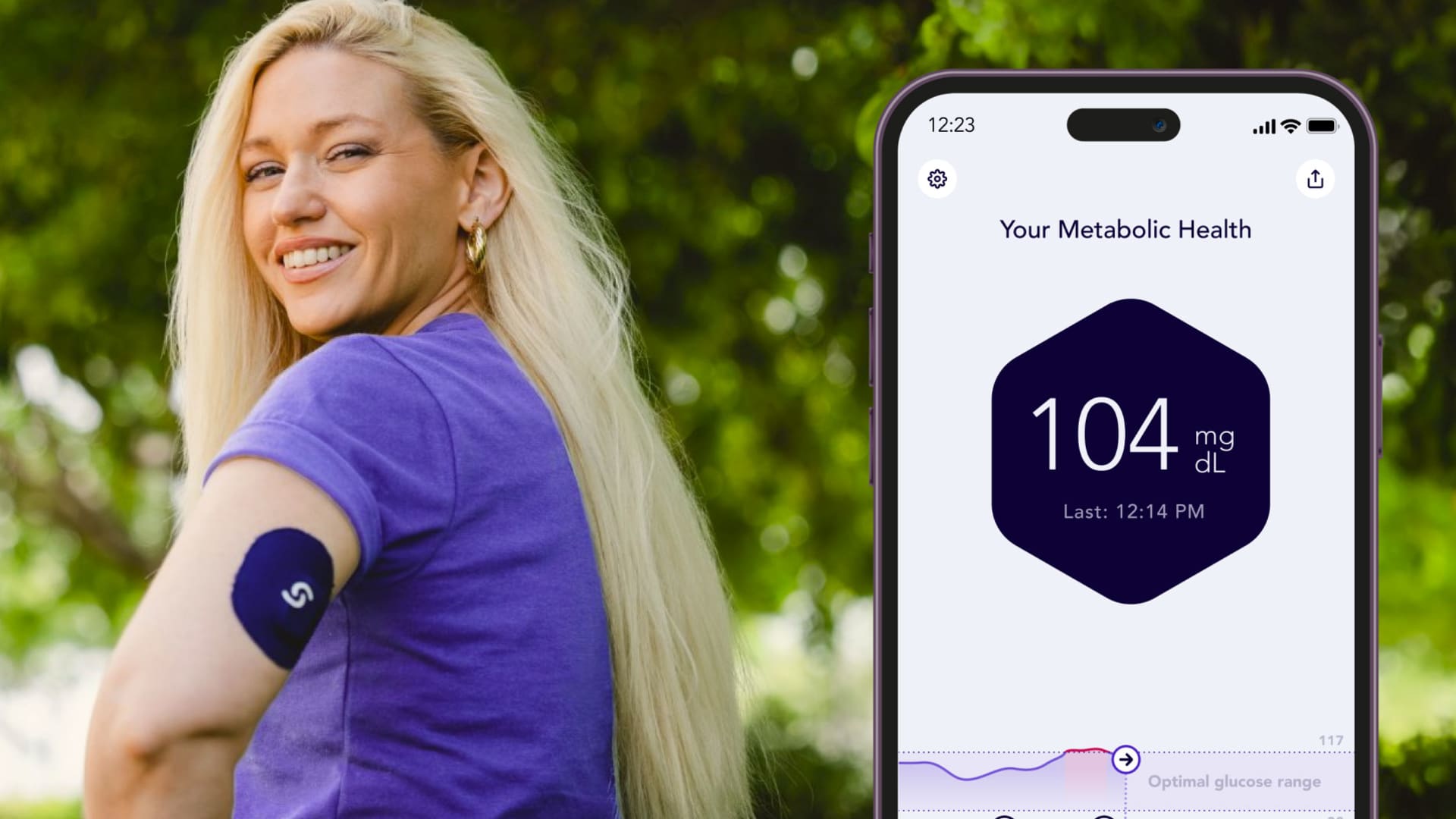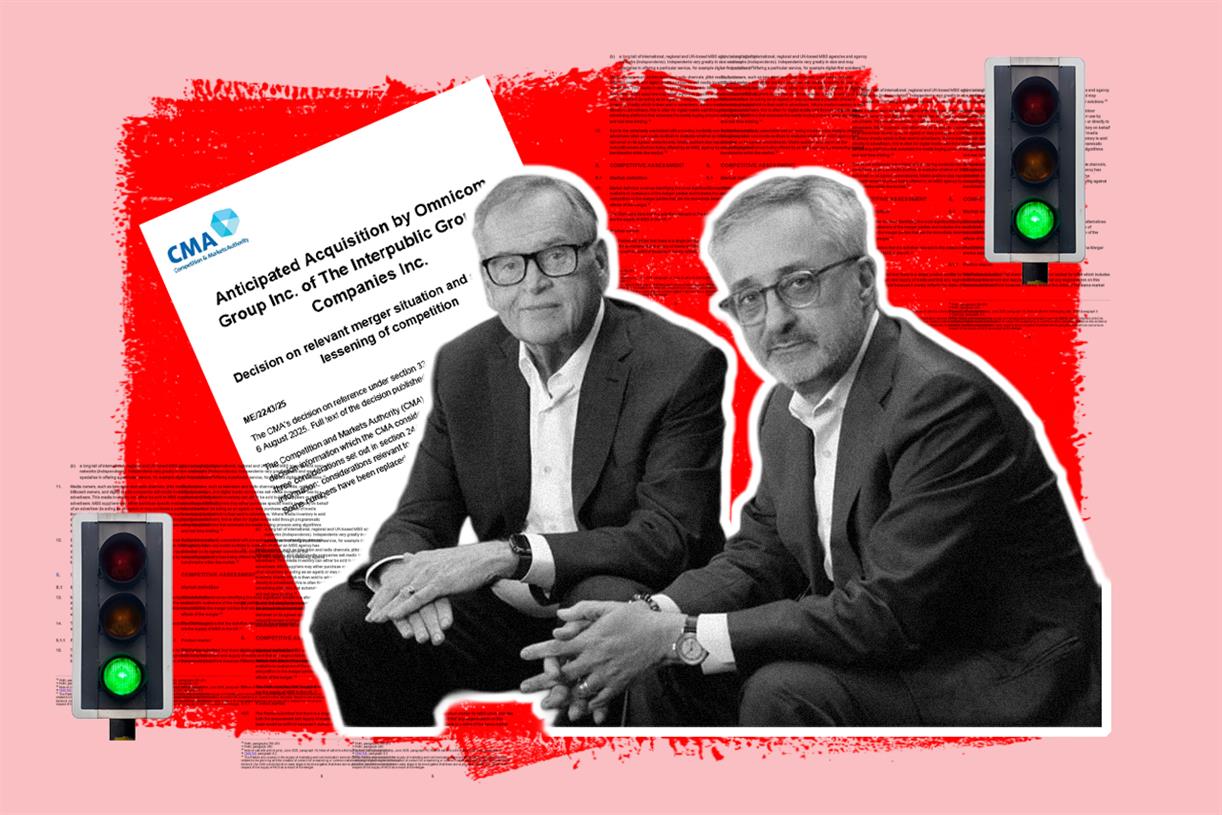Watch live: TikTok CEO testifies before House committee as potential U.S. ban looms
TikTok CEO Shou Zi Chew will testify before the House Energy and Commerce Committee this morning, as his company fights to stave off a potential ban in the U.S.
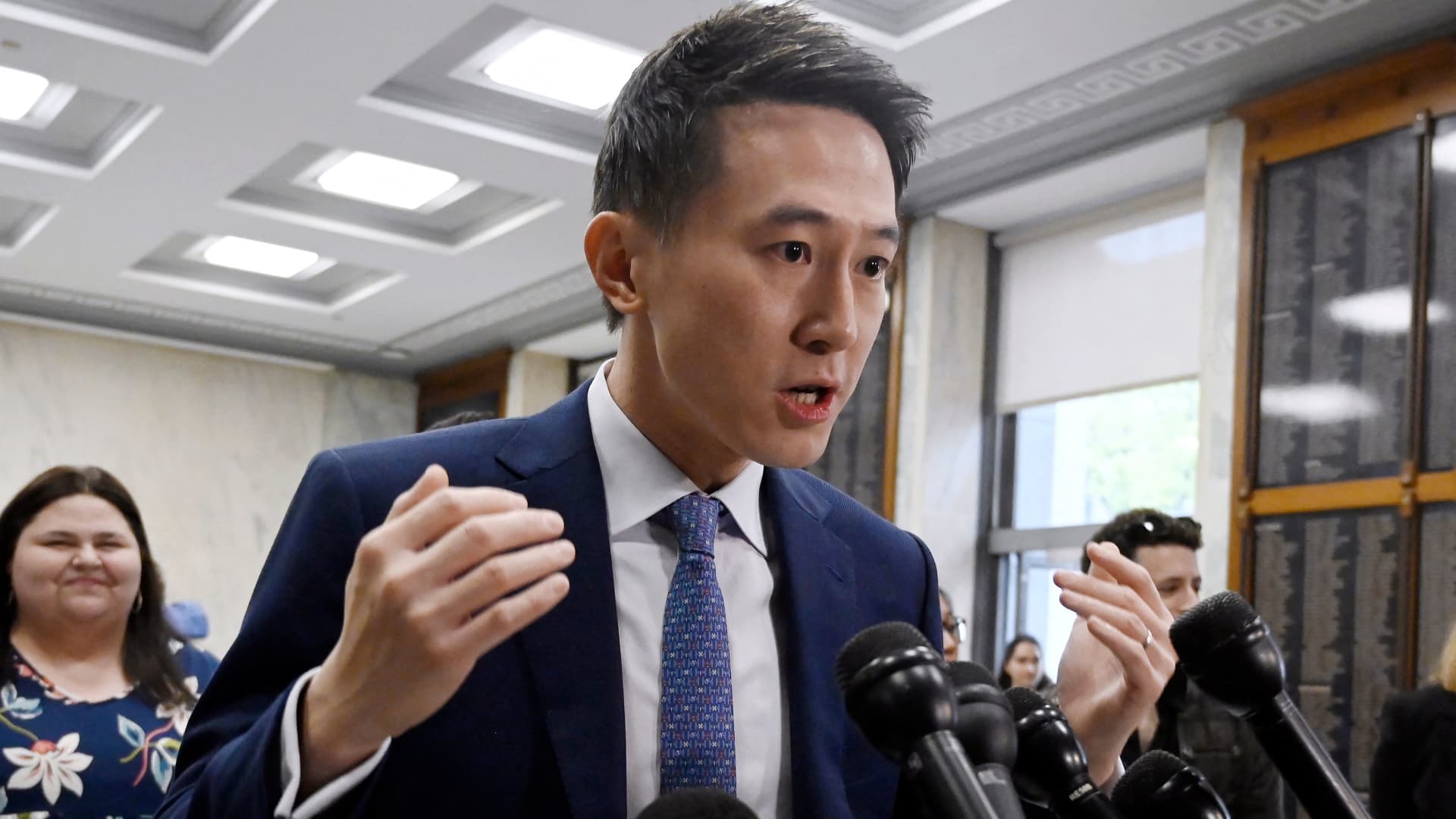
(The stream is slated to start at 10:00 a.m. ET. Please refresh the page if you do not see a video above at that time.)
TikTok CEO Shou Zi Chew will testify before the House Energy and Commerce Committee on Thursday morning as his company fights to stave off a potential ban in the U.S.
Chew plans to tell Congress that he strongly prioritizes the safety of users, particularly teens, and that TikTok will firewall U.S. user data from "unauthorized foreign access." Chew also plans to say that the company "will not be manipulated by any government" and it will be transparent and allow independent monitors to assess its compliance.
TikTok has touted a complex plan known as Project Texas to help ease U.S. concerns over its ownership. Under the plan, it will base its U.S. data operations domestically and allow its code to be reviewed and sent to the app stores by outside parties.
TikTok is owned by Chinese internet giant ByteDance, and there are longstanding fears among U.S. policymakers that the Chinese government could force TikTok to turn over the massive trove of personal data it collects as part of its business model.
After two years of negotiations with the Committee on Foreign Investment in the United States, or CFIUS, the White House reportedly demanded last week that ByteDance sell TikTok. On Thursday, a Chinese commerce ministry spokeswoman said, "If the news is true, China will resolutely oppose it."
The Biden administration has also thrown its support behind a new bipartisan Senate bill that would give the Commerce Department the power to ban TikTok in the U.S. That bill and others like it in Congress have attracted scores of co-sponsors, both Democrats and Republicans.
TikTok became a viral sensation in the U.S. by allowing young people to create and share short videos. But the company announced this week that it has 150 million users in the United States, a figure that, if confirmed, amounts to nearly 60% of the population.

 Kass
Kass 







